You know, whatever your thoughts of Björk, what you really can’t knock is the quality of her recordings. As the first track on ‘Vulnicura’, Björk’s ninth solo album draws to its close, I really can’t help feeling that it sounds – well – fantastic. The string arrangements are just sublime. In fact, there are several moments when I momentarily forget that I’m listening to a Björk album at all.
For this outing, Björk’s been working with British musician & producer The Haxan Cloak (whose brilliant ‘Excavation’ album redefines the words ‘dark music’). It’s a working relationship which looks to have paid off. However, while the experimental side of Björk’s music remains firmly intact, there’s an inherent sadness across many of the tracks. Maybe that’s because the album is reputed to be a reaction to the breakup of her personal relationship.
It should be noted that there is limited instrumentation across the entire album – lots of strings and the occasional electronic beat but little else. In all honesty, I ceased to really notice the lack of instrumentation as the strings in particular are so blissful that the music simply washes over you. This is particularly evident during ‘Black Lake’, a track more than 10 minutes long which contains more emotion than a Downton Abbey blu-ray box set. What the limited instrumentation does allow, however, is lots of space in the recording; the vocals simply become another instrument rather than the driving force for the recording. ‘Atom Dance’ highlights this point extremely well – there are various electronic sounds flying from left to right and back again across the stereo spectrum and occasionally odd little sounds which add – rather than detract – from the vocal. There are even foreign-sounding vocals (from Antony Hegarty of Antony And The Johnsons) suddenly injected half way through ‘Atom Dance’ causing it to suddenly take a massive detour.
‘Vulnicura’ is probably not an album which you’d want to play if you’ve recently lost a family member or close friend. Wounds are never likely to heal while playing ‘Family’, for instance. Similarly, purchasers hoping for music along the lines of ‘Hyperballad’ or ‘Play Dead’ from her earlier albums are likely to find that they’ve been thrown a curveball. I don’t want to paint the picture that this album is overly sad – but it’s an album which definitely wears its heart on its sleeve. Music is for many people a sense of escape, a recovery, a lifeline even. During ‘Notget’, that recovery is laid bare – “After our love ended, your arms don’t carry me. Without love I feel the abyss and understand your fear of death”.
Where this album succeeds is in portraying just how much can be achieved with so little. It’s almost as if the mission statement “Less Is More” had been spray-painted above the studio door. What it also underlines is just how incredibly relevant Björk still is in 2015; she is a unique innovator who constantly develops her craft and reinvents her sound. It’s to our benefit that she does.
Paul Lockett











































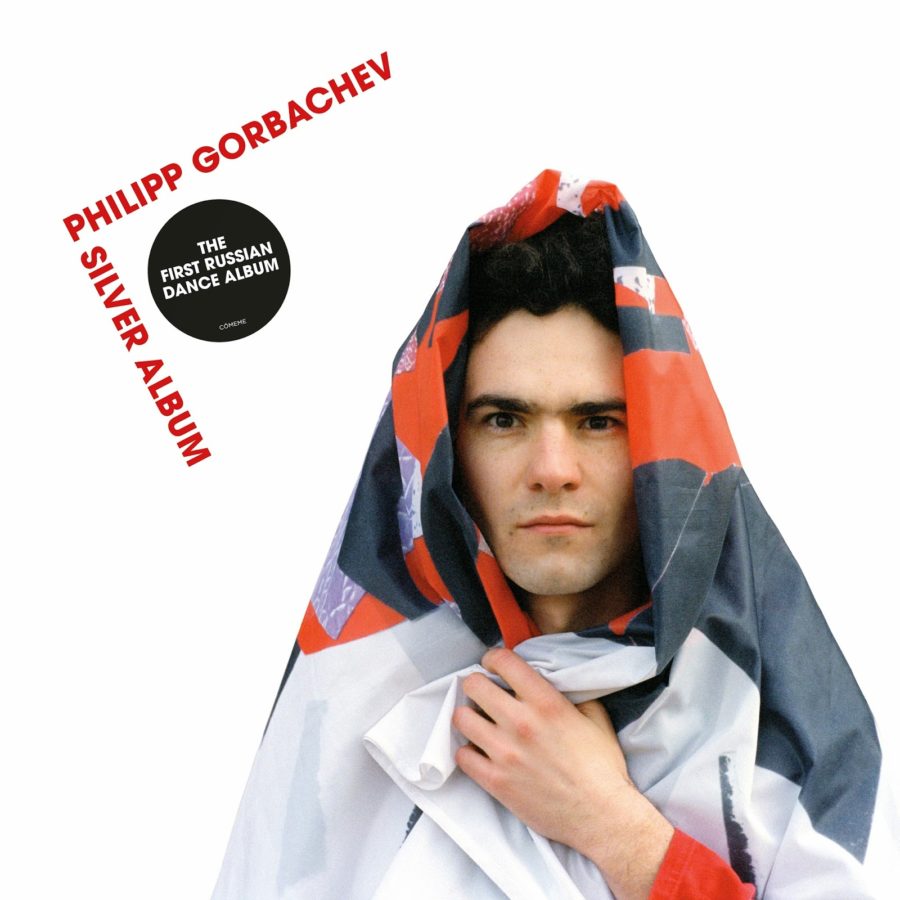
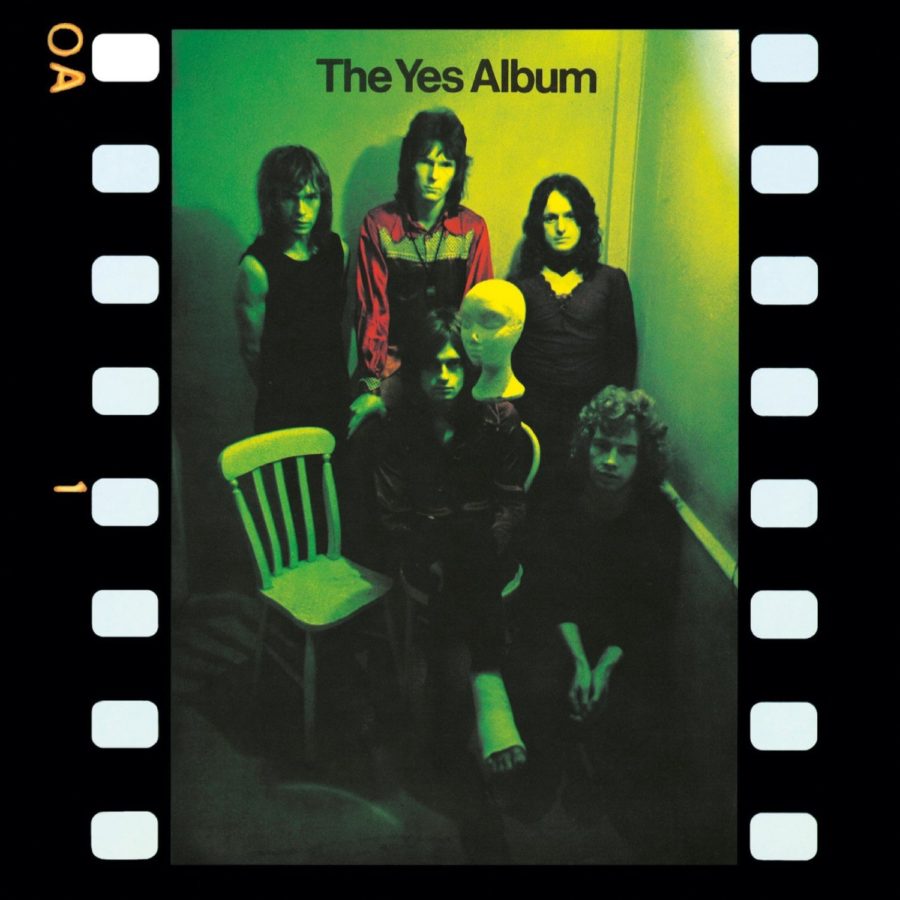




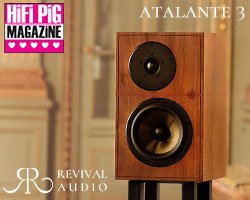







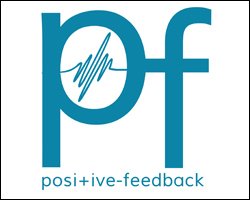


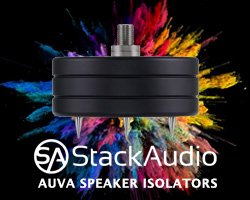

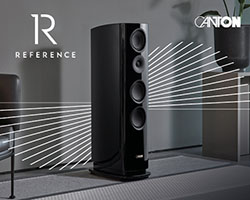

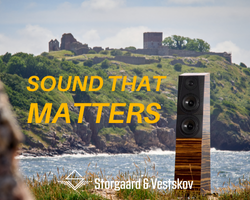






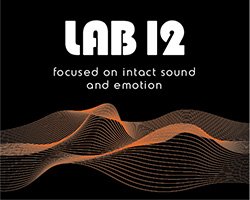




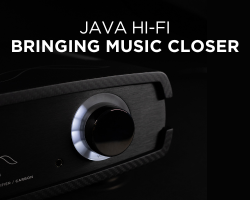

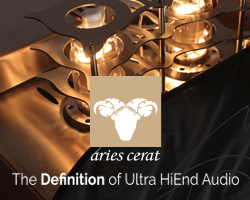






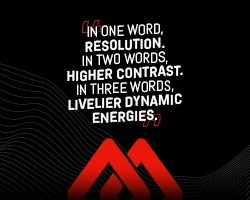

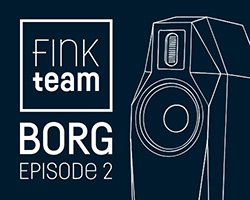
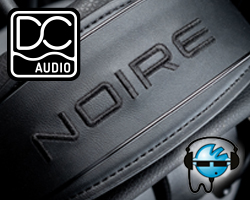





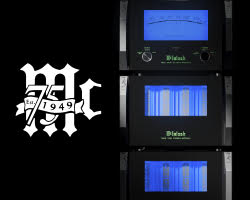
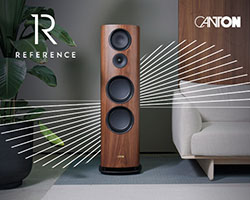

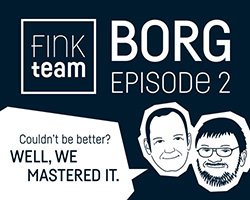









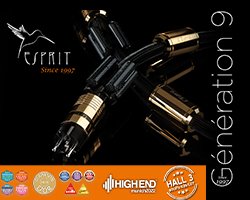

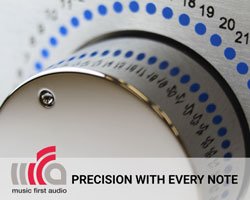




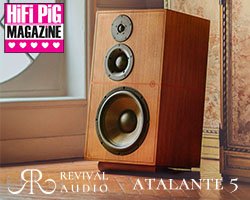


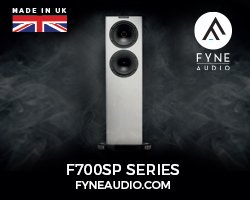

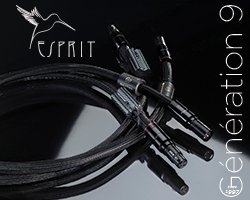

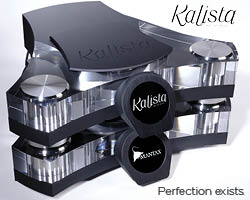













































You must be logged in to leave a reply.